The Modern Age - Music Reviews
By RHCPfan24 17 Comments
To say it bluntly, 2010 has been a phenomenal year for music. If you are still operating under a false, hidebound mindset that music created since the inception of this new millennium is not worth your time, then you are missing out (and simply behind the curve). Below are my reviews for a number of exceptional albums that have been released over the past 12 months and, with the exception of the first, all of them are from this year, 2010. All of these are worth listening to, but it is safe to say that some rise above the rest, so typical ratings will be assigned.
Phrazes for the Young

Artist: Julian Casablancas
Released in 2009
I have not found a proper venue to really proclaim it yet but let me say it: I love The Strokes. As far as modern rock bands go, there is no better, and they successfully found a way to evolve the rock sound while maintaining its garage rock roots. The brains behind the band is Julian Casablancas, a rich kid with rich parents raised in a rich part of New York City. He did not rest on his laurels for long, however, as he was the chief songwriter for The Strokes as well as the iconic voice behind it all. While the band plans on releasing a new album by next year, Julian was busy during the hiatus they have had since 2006. This solo album, Phrazes for the Young , named after an Oscar Wilde work, shows that this time was put to good use, as this album puts a greater emphasis on the man's voice while exploring a different sound.
The rough garage rock style of The Strokes is eschewed in favor of a more pop-oriented record that has some political undertones in its lyrics but really just wants to provide a pleasant listening experience. That it provides. On the opening track, "Out of the Blue," smart, witty lines like, "Somewhere along the way, my hopefulness turned to sadness/Somewhere along the way, my sadness turned to bitterness" provide a humorous progression of connecting ideas that seems to touch upon the basics of human communication: love, politics, afterlife, etc. His voice ranges from a sardonic baritone in the verses to a higher, clear sustained pitch during the chorus ("Sooo-ooo-ooo"). It may not contain the original brilliance of "Last Nite", but "Out of the Blue" may be Casablancas' best showcase of his voice, undoubtedly one of the best pipes in modern music. "Left & Right in The Dark" and the hit single "11th Dimension" also continue this rock/pop sound with some more political lyrics (11th Dimension's "Where cities come together to hate each other in the name of sport/America, nothing is ever just anything") and both showcase his songwriting. In particular, I liked the syncopated rhythms of "Left & Right" that culminate in its great outro. There is some 3/4 country swagger on "Ludlow St." and a Sam Cooke-inspired R&B gospel with "4 Chords of the Apocalypse." The sweeping "Glass" seems to be a tribute to his newly-married wife, Juliet, and a vow to protect her from harm (Paparazzi, jealous fans) as well as to always care for her. This song in particular is quite beautiful, and stays personal while still serving as a grand vocal showcase. The same can be said about basically the whole album in the end. It may not be as conceptually brilliant or innovative as Is This It? but this is Julian's most personal album yet, and with lyrics and vocals like this, this will please fans and bring plenty more to the cause.
Final Verdict:
4 Stars Out of 5
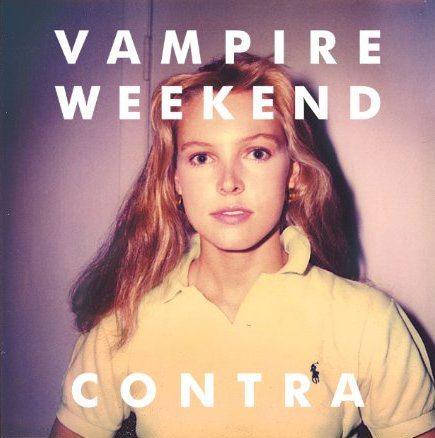
Artist: Vampire Weekend
Released in 2010
"Ivy League, Afrobeat indie rock" is as sensible a phrase as words Shaq tries to play in Scrabble, but this style has been precisely the draw of Vampire Weekend. They suffered no sophomore slump with their second album, and it ends up more polished and tighter than their excellent debut. The album starts innocently enough with "Horchata," a quintessential Vampire Weekend track, capturing their strange mix of eclectic auxiliary percussion and Ezra Koenig's diaphanous tenor (echoes of Paul Simon's Graceland can be felt throughout). "White Sky" and "Holiday" both feature some high notes sung by Ezra (really high in the case of White Sky), while the lyrics seem to offer disparate outlooks to the jovial melodies, which in this case clandestine sex and war seem to be the topics, respectively. The polarizing track here is "California English", featuring Auto-Tune and furiously fast verses. It is my favorite track on the album but is as nontraditional as their songs come. "Giving Up the Gun" and "Cousins" are the two singles built for radio play, and for a band as original and talented as this, it is comforting to see them enjoy this overwhelming commercial success on top of their critical acclaim (Contra debuted at #1 on the Billboard charts, a rare feat for an independently-released album). "Diplomat's Son" is another favorite of mine, as Ezra tells the story of a girl who falls in love with a boy while also attempting to use him for personal gain. The varying "oh-oh-ohs" that run throughout this album are particularly defined in this track, almost angelic in a way. The lyrics on this track are the best the band has composed yet, and it shows there is still much substance in their music once the initial curiosity of their anomalous sound dissipates. Vampire Weekend is two for two, and they are only getting better.
Final Verdict:
4 Stars Out of 5
Plastic Beach
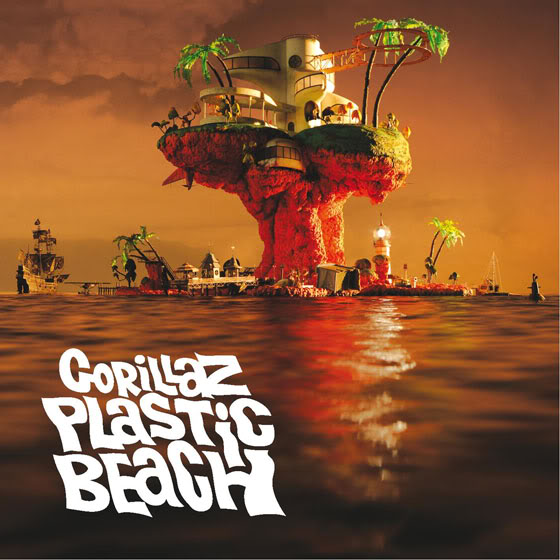
Artist: Gorillaz
Released in 2010
The Gorillaz are safely the most successful cartoon band of all time, but, as the previous work by former Blur lead man Damon Albarn shows, they are more than a cheap gimmick. Their latest LP, Plastic Beach, is a motley collection of songs that try to unify themselves under some anti-materialism theme. That does not succeed. What does work, however, is supplying the listener with a whole batch of new, groovy, polished tunes. "Stylo" is a bass/synth-heavy track that is far from the best on the album but just what the iTunes singles crowd is looking for. Two other songs, "Empire Ants" and "Glitter Freeze," are not, but are ambient, rich tracks that may lean too heavily on their circuitous loops but nonetheless have an intriguing sound. My personal favorite on the album is "Some Kind of Nature," sung by the Master of Cool himself, Lou Reed. He pronounces most of the words with a jagged, rough conviction that he has mastered over his long career, and the robot-like beat makes this one of the few songs on this album that achieves the environmentalist message in both the music and lyrics.
All of the aforementioned tracks feature guest artists, and this somewhat makes this less of a true Gorillaz album and more of a "Gorillaz Plays With...". Tracks like "Superfast Jellyfish (feat. Gruff Rhys & De La Soul)" and Snoop Dogg's intro make good use of their talent, while "White Flag" and "Sweepstakes" feel nothing like the Gorillaz and could easily belong on each respective artist's own album. "White Flag" in particular is an irritating, clawing song that I always skip. Perhaps it is the bombastic vocals or overly political lyrics, but it should never have been included on this disc. The Gorillaz tracks sans-guests are all bright, though "On Melancholy Hill" and "Rhinestone Eyes" are the strongest. Rhinestone's instrumental bridge, with female backing vocals, is Gorillaz at their best, and ideal played real loud. Melancholy's lyrics live up to the name, as they are about someone fantasizing about an absent love in depressed solitude. This song in particular has the most staying power (you gotta love that synth opening) and 2D's vocals have a heartfelt soul that is not present in the rest of the album. It is a disparate collection of songs, some fantastic, some less so, but Plastic Beach is still an album that goes above and beyond the necessary standard of quality for an "animated band. "
Final Verdict:
3.5 Stars Out of 5
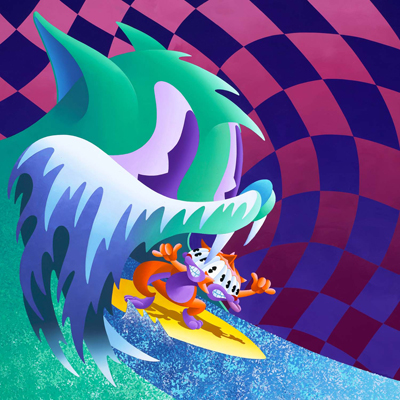
Artist: MGMT
Released in 2010
With Oracular Spectacular, MGMT opened to both critical praise and huge sales, and their hits "Kids", "Electric Feel" and "Time to Pretend" immediately formed a wide fanbase. Their debut was excellent in its own right, but the fame and stardom that they experienced as a result of it, the exact life they poked fun at in "Time to Pretend", seems to have captured them by surprise. Their new album, Congratulations, is a radically different sound, more reminiscent of "Weekend Wars" and their core 60s and 70s psychedelic influences than the hits that made them favorites of college radio and soccer moms alike. And they are only better as a result. "Pretend" was one of the greatest songs of last decade, and there are no hit singles of the sort here, but this is a complete, mature album that is a significant step forward in the careers of these talented musicians.
I have listened to this album over a dozen times now, and each time I am appreciating it in one or two more ways. They delve into humorous tribute (hey it's "Brian Eno"!) and the weird ("Lady Dada's Nightmare" is the bizarre equivalent of David Bowie's "Warszawa" from Low), but the focus is mainly lyrical.
Still, they are becoming better musicians as well, as Andrew VanWyngarden's voice has a wider range in this album, peaking at upper registers in "Someone's Missing" while solemnly muttering verses about the misunderstanding in life with "Siberian Breaks." The latter track, a 12 minute plus monster, is "Happiness Is a Warm Gun" meets Yes' "And You and I", where a bunch of incomplete song ideas come together in a prog rock epic that, in this case, focuses on the consequences of fame. It opens with an acoustic guitar ostinato behind some of the most harmonic vocals the band has recorded yet, where Andrew is describing a hazy reawakening and ultimate rebuttal of the fame they have received ("Wide open arms can feel so cold, so cold"). A muddled critique on American society ("Vote to decide who'll advance" is a jab at reality television) follows at a faster pace, and expresses a feeling of entrapment ("Running away isn't rough, but it's not enough"). An echoing segment with snare shots similar to Simon & Garfunkel's "The Boxer" is next, and then a beautiful, dreamy string sequence abruptly follows. A reworking of the infamous line from "My Generation" reads as "I hope I die before I get sold" in the nearly inaudible lyrics over this section that take sharp aim at the music industry. A straightforward rock beat emerges from this, then a reprise of the opening acoustic style as Andrew accepts his fate to create more music but reminds he "can always go into hiding." A psychedelic outro closes this track, which is safe to say the best on this album and the most impressive piece of songwriting the duo has achieved yet. They are not interested in catering to dance parties or arena games as much as a core group of fans who can appreciate them more for their talents and creativity. They achieve that here. "It's Working" aims for a similar theme (the overrated drugs are "working in your blood/which you know is not the same as love/love is only in your mind and not your heart"), as does "Congratulations", which is a tongue-in-cheek pat on the back for their previous success, as they believe they rose to fame for the wrong reason ("I save my grace with half-assed guilt"). All in all, Congratulations is a significant step forward for this enormously talented duo. They are attempting to hide from fame, but with stellar albums like these, their attempts to conceal themselves are totally failing, with us, the fans, to gain.
Final Verdict:
4 Stars out of 5

Artist: The National
Released in 2010
Matt Berninger's defined baritone is the focus here; the instrumentalists are all fantastic but the distinct vocals give this band its appeal. "Anyone's Ghost" has Berninger croon about mad, twisted love ("I had a hole in the middle where the lightning went through it/told my friends not to worry") that affects his social and emotional life, over guitars heavy with reverb. Even when in a relationship, love is difficult to interpret, the message seems to speak. This F. Scott Fitzgerald-esque disillusionment about love, the world around us and our place in life seems to permeate the lyrics in most of these songs. In "Lemonworld", Berninger seems to be the only gloomy soul around, as "you and your sister live in a Lemonworld/I want to sit in and die." As he describes a world of anguish and violence around him ("Living or dying in New York it means nothing to me"), he comes across as either an enlightened, apocalyptic harbinger or just a sad, pessimistic soul. Either or, he is not in the best mood, and the lyrics reveal a solemn, tortured soul. However, taken with all the aspects together, High Violet does not come across as an emo confessional. The marching drum beat that propels my favorite track, "Afraid of Everyone", balances with the dark subject matter and creates, strangely, great summer music. "Sorrow" has a rolling acoustic part that accompanies the patterned drum beats with an almost enthusiastic air, despite the lyrics' theme. Berninger is not afraid to inject some humor as well, even if they are mainly metaphors to the images he is trying to convey. On "Conversation 16", easily one of the best songs on the album, he says "I was afraid/I'd eat your brains/Cause I'm evil." Zombies? This man is having too much fun. But he does not want to become an emotionally broken "zombie" in a society that takes control of his life, happiness and desires. I could run down the brilliance of each individual track but is best to listen to this album, listen to it a few more times, then read the lyrics along with it, and then listen to it for countless months, possibly years, to come. The members of The National are all older than what is usually seen on the indie scene (they are all in their late 30s or early 40s), and considering they are hitting their peak now, it makes them a different, refreshing success story. The years they all hold above most of their peers brought them a firmer understanding of life, something no 21 year old can even come close to grasping. High Violet is a masterpiece. Not of epic, earth-shattering proportions, but of the wise, harmonious honesty that bleeds through every second of this album.
Final Verdict:
5 Stars out of 5
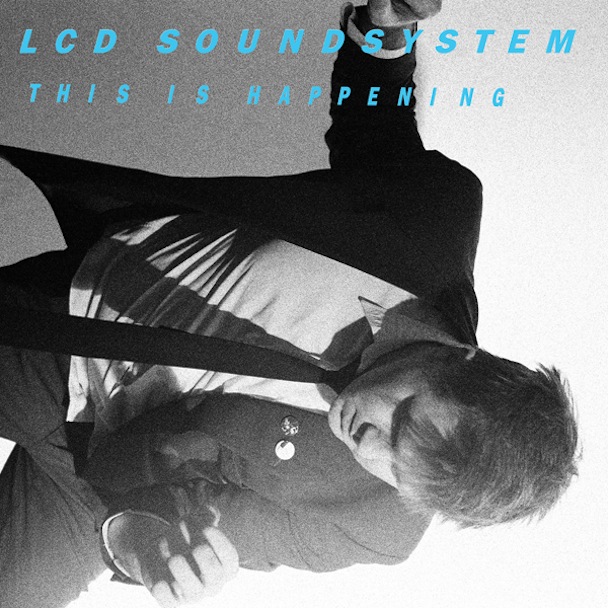
Artist: LCD Soundsystem
Released in 2010
LCD Soundsystem has nothing to prove, considering James Murphy (the sole key member) has already produced two superb albums, his eponymous debut and Sound of Silver. With tracks like "Losing My Edge" and "All My Friends", Murphy has blended his extensive knowledge of musical history and his quirky, uncool nerdy personality to create something, well, cool and a consistent standard for quality. He appeals to the rock kids, he appeals to the indie kids, he appeals to the techno kids. Murphy is a beloved asset to the music industry for his merging of genres and totally original approach to all the work he does. So, considering This is Happening is apparently the last album by the middle-aged maestro, fans may be downtrodden, but everyone should feel satiated because this is his finest work yet.
Quiet, pattering bongos behind muted vocals opens the album in "Dance Yrself Clean", a 180 degree turnaround from the sonic blasts of energy kicking off "Daft Punk Is Playing At My House", the first track from his debut. The repeating lyrics, plus some winning lines like "Talking like a jerk/Except you are an actual jerk/And living proof that sometimes friends are mean" add an ironic wit to the initial, almost droning first minutes. Once the 3 minute mark rolls around however, incendiary bursts of synthesizers and, what else, cowbell turn this peculiar novelty into a irresistible dance track that comments on everything from nagging girlfriends to Marxism. Or how about "Drunk Girls", the frat life send-off that is simultaneously parody and yearning tribute. "Drunk girls are unusually mild" he confesses, though he paradoxically states they are also "boringly wild." "I Can Change" is a humorous track that seems to comment on a man's desperate quest of love for a woman that seems to have nothing in common with him. While he believes "Love is a murderer" he also quickly appeals, "I can change if it helps you fall in love." The David Byrne-inspired "Pow Pow", with Murphy's always amusing spoken word lyrics, is a carefree track that is a hilarious commentary on his current state in life ("from this position..."). A mainstay in albums these days, the industry exec flipoff, is "You Wanted a Hit", not surprising considering the title. While the marketing heads are saying they "want it real," he asks, "Can you tell me what's real?". This 9-minute piece is layered over a pseudo-Far East keyboard part and driving bass line, and while the message is driven home often ("We won't be your babies anymore"), it remains a slow-jam dance track.
The best song on this album is "All I Want", designed in the same vein as "All My Friends" (which in turn was unmistakeably influenced by Bowie's "Heroes") in that the vocals slowly build to culminate in a emotional, dynamic ending. It is a song about longing, though for what is unsure. He seems to be after the one that got away, though by the conclusion he says "let's do it different/cause I just want what I want", and wails "Take me home!" over and over as the band around him crashes in whining guitar licks and dying synthesizers. Murphy is neither content nor totally dissatisfied by the end, only accepting what he has, shrugging, and moving on. The final reaction to this album is nothing of the sort. LCD Soundsystem's past albums have been consistently excellent, and this is his most complete, flowing record yet. Murphy may be 40 going on 41 but he's not losing his edge anytime soon.
Final Verdict:
4.5 Stars out of 5
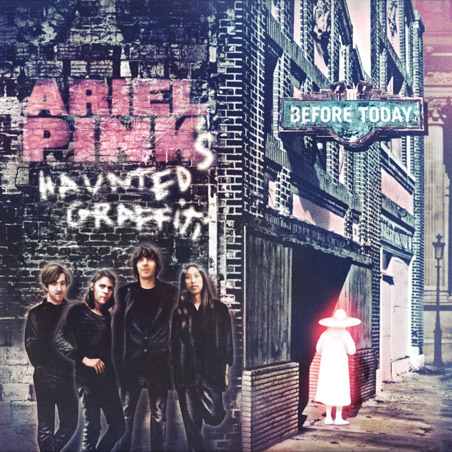
Artist: Ariel Pink's Haunted Graffiti
Released in 2010
Bizarre, confusing, and strangely evocative of some unremembered past, Ariel Pink's Before Today is, like its title suggests, a time capsule of an era long ago, dripping with obscure nostalgia that few today will recall. The aim is 70s AM radio, and those songs, which Ariel Pink has dubbed part of the "chillwave" genre, feature a heavy use of filtered vocals, thick keyboards, and psychedelic, blurry guitars. On top of all this, the recording sounds as if it was printed on a cassette, transferred to a VHS audio track, and then finalized on an 8-track cartridge. These recordings are rough and unpolished, but the incredibly unique sound is achieved.
Instead of focusing on the lyrics of these songs like the rest of these albums, it is best to focus on the styles and musicality present. The lyrics are not total nonsense (though the perverse "Menopause Man" certainly qualifies), but they are clearly not the main area that Ariel Pink stressed over. The album opener, "Hot Body Rub", throws screeching automobile sound effects over a spacious saxophone solo that feels completely anachronistic on a 2010 record. This album takes you back to a time you may not be sure even existed. Case in point, the second track, "Bright Lit Blue Skies" is a cover of a 1960s deep cut from a garage rock band called The Rising Storm. This song, with its driving beat and harmonious chorus, is the most straightforward track on the album, and, thus, a good place to start on. Everything gets stranger from here. The apocalyptic "Little Wig" and the raucous opening chords to "Butt House Blondies" (yes, that is a name to a song here) draw influence from artists like The Velvet Underground, Stooges and R. Stevie Moore (apparently a mentor of Pink), but the songs all have their own, warped psychedelic sound to them. "Can't Hear My Eyes" is an Alan Parsons-esque, keyboard-driven track that oozes nostalgia. The standout song is "Round and Round", a brilliant track with alternating time signatures and a somewhat prog rock feel that culminates in the sing-along chorus (the sustained "Hold onnnnnn" at the center of the song has now entered my everyday vernacular when I delay a chore or task). This album can sometimes be too eccentric for its own good, but "Round and Round" is a perfect example of what Ariel Pink can achieve, and in a way no one else can emulate. Before Today is peculiar but nonetheless an engaging listen. Often bands aim for the weird and end with a product that is completely unlistenable. No such problem is had here; that in itself is an accomplishment.
Final Verdict:
4 Stars out of 5

Artist: Arcade Fire
Released in 2010
With college admissions coming up, I have been told that, no matter previous academic history, admissions offices love to see an upward trend in grades. A logical viewpoint, as a steady improvement in one's studies displays maturity and growing intellect. Now, how about hitting the highest standard, and then sustaining it? Not many can hold claim to display that trend. Arcade Fire, Canada's greatest gift to the world since Wayne Gretsky, or maybe even Neil Young, released their first album nearly six years ago. Its name was Funeral, and it was a shockingly profound, yet an ebullient and cheerful, meditation on the importance of family. The album was near perfect in every regard; I, as well as countless fans and critics, consider it one of the best albums of the last decade. Their anticipated follow-up, Neon Bible, did not match the immaculate quality that was their debut, but it came very close, and proved this was a special band that was here to stay. Now, in 2010, their third album, The Suburbs, is released. It is a departure in both theme and style to its predecessors, yet, in some inconceivable way, it matches the brilliance of their first album in an instance I can only call a miracle.
Upon the first listen, however, the reaction was not so laudatory. With 16 songs, the album felt almost too long, and it lacks any bring-down-the-house epic track like "Rebellion (Lies)" or "No Cars Go". After at least 15 listens, that opinion has drastically altered. The energy that this band is known for has in no way diminished, and it maintains for the full duration of this album. The approach to The Suburbs is not as stylistically uniform as their previous works; instead, it is constructed in a White Album manner. Creativity runs wild, even if some may nitpick that it is not consistent in tone. They are missing the point; Arcade Fire is here to provide us with stellar music, a goal they reach, and then some.
The album bursts open with an exultant piano riff in "The Suburbs", even if the song turns out to be a cry for a normal life ("I want a daughter while I'm still young...Before the damage is done"). The Suburbs, as an album, is actually a hipster takedown, bashing the pretentious nature of countless modern folks ("with their arms folded tight" as in the song "Month of May") who also happen to be Arcade Fire fans. They might not look to fondly on this twist, but this is just another reason for me to love it. Anyway, about the music. The opening lines " In the suburbs I, I learned to drive/People told me we would never survive/So grab your mother's keys we leave tonight," are repeated again in "Suburban War", a great song with a guitar riff that sounds like 90s Kirk Hammett and R.E.M.'s Peter Buck blended together. These specific lyrics, however, seem to give weight to the yearning desire for Win Butler, Arcade Fire's frontman, to break out of his devil-may-care attitude about life and finally settle down. The particularly doleful line, "All my old friends, they don't know me now," reveals a weary, melancholic Butler who finds the innocence of his youth absent, as well as those he shared it with. What he did to separate, we do not know, but these songs show how the title, The Suburbs, is not just a ploy at some concept album. It is more than a location as well; The Suburbs is a state of mind that the band is looking back at today with a certain nostalgia, yet also a conscious understanding that they are adults who may have to - the word that Liz Lemon despises so - "settle."
As the members of Arcade Fire go through their realizing-they-are-in-their-middle-life crisis, they still produce a killer set of eclectic, beautiful songs. "Modern Man" is an excellent track with a Cars-esque guitar riff that is a biting critique at the conformity of today's society ("Like a record that's skipping/I'm a modern man"). "Ready to Start", the second track of the album and the real kick-off, has lyrics akin to a Bob Dylan song ("Businessmen drink my blood") with a low chorus that sounds like Let's Dance Bowie. Influences from other artists like Springsteen can be felt in "City With No Children", which seems to fit perfectly with the sunny summer weather despite its gloomy lyrics. A fan favorite already, "Rococo", is a venomous slam against the Pitchfork hipsters of the world, as they "use big words they don't understand" (I enjoy some of Pitchfork's criticism and features, but there is no doubt a thick layer of arrogance runs throughout that site). The repeating "rococo" provides an epic ending in only the way Arcade Fire can bring it. The furious violin intro to "Empty Room" sets the stage perfectly for Regine Chassagne, Butler's wife and second key member of the band. Her beautiful voice, which melted hearts and faces simultaneously on Funeral's "In The Backseat", supports some of the strongest tracks on the album. "Sprawl II (Mountains Beyond Mountains)" has a surprising, heavy synthesizer part that, with Regine's aggressive voice, is redolent of a Blondie cut. Nonetheless, this song is a graceful ode to running from your troubles and living in bliss with your love. It is simply beautiful in every way; I keep coming back to this song and believe it may be my favorite on the album.
This "fleeing your problems" theme runs through plenty of these songs, as "Half Light II" will attest. These problems are more than trivial personal conflicts, as lines like "When we watched the markets crash/The promises we made were torn," show Butler has a worldly concern for the terrible events of today. And while the foreboding fade-out of "The Suburbs (Continued)" suggests that he would give anything to return back to adolescence (" If I could have it back/All the time that we wasted/I'd only waste it again"), Butler has realized that those gray hairs on his greasy top are rapidly approaching. This reflection on childhood and reluctant adulthood forms the core of The Suburbs, an album that I may dare to call as flawless as Funeral. That debate will rage endlessly between fans, so I will step my foot out of the ring; my mind has been made up. I never feel comfortable awarding perfect (or to be PC, "near perfect") ratings, and no less in the same blog post, but The Suburbs, along with the rest of the albums above and countless others (shoutout to King of the Beach), show that 2010 has been one of the greatest years for music in ages. With Arcade Fire's spotless track record, they would make even the most-hardened Ivy League admissions officer faint in awe.
Final Verdict:
5 Stars out of 5

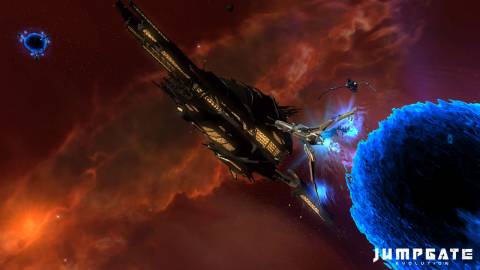


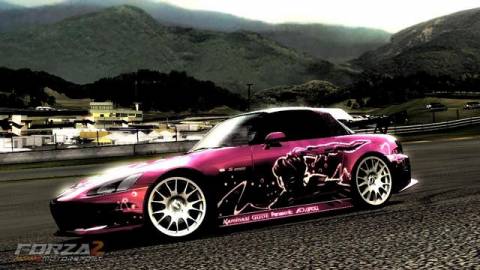

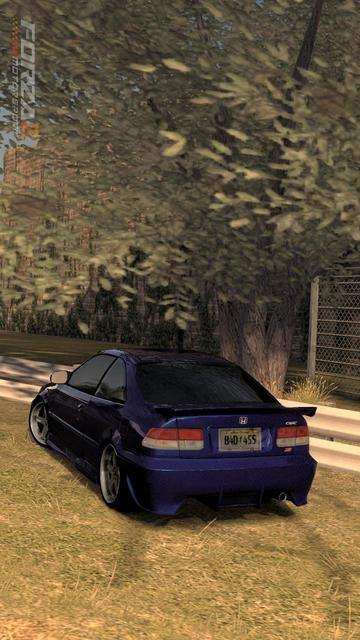

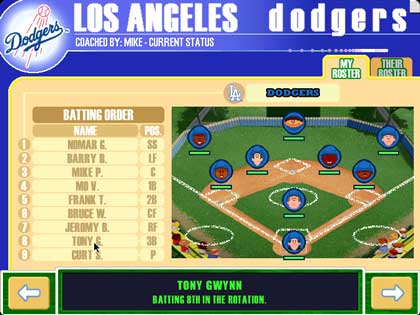


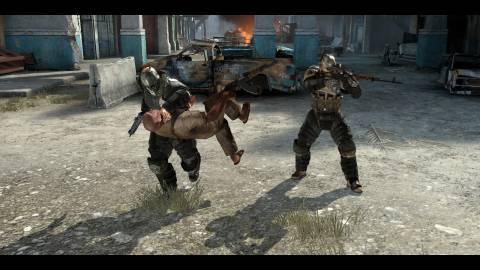
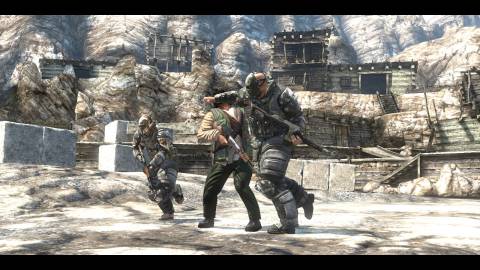
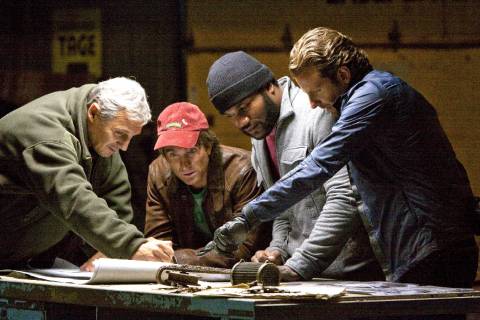

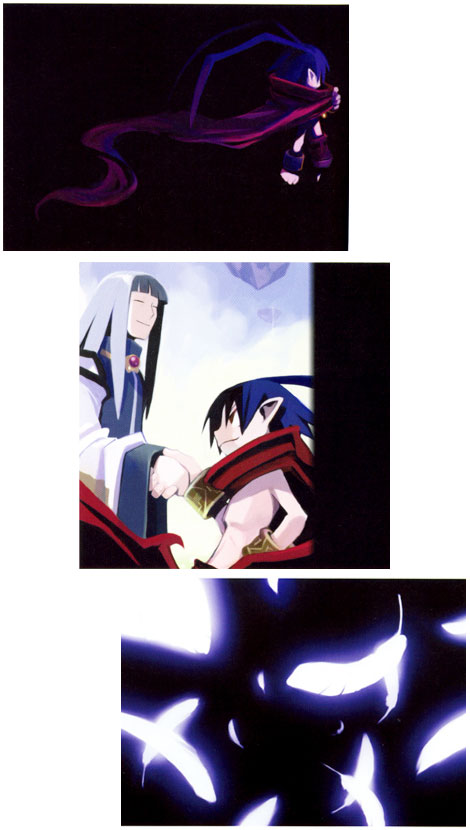
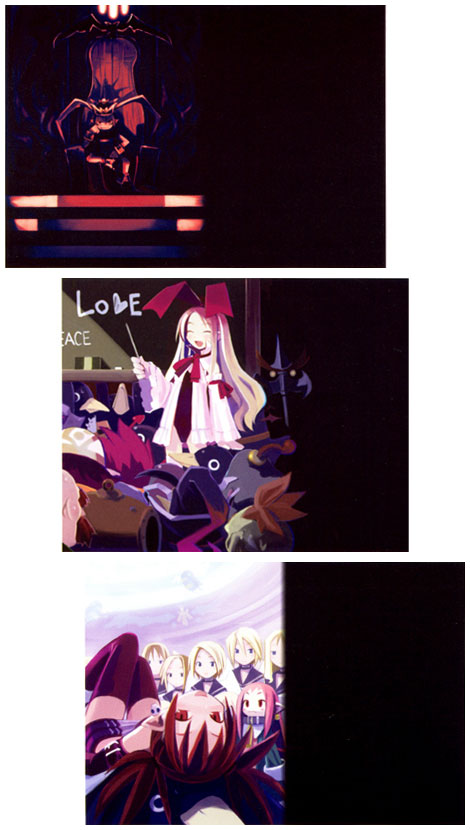

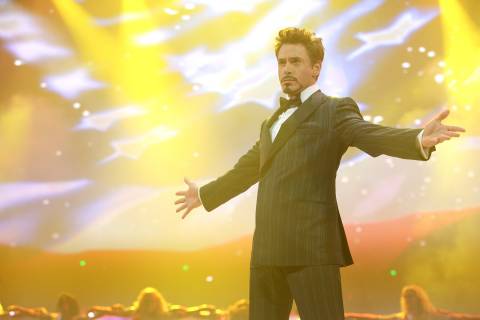

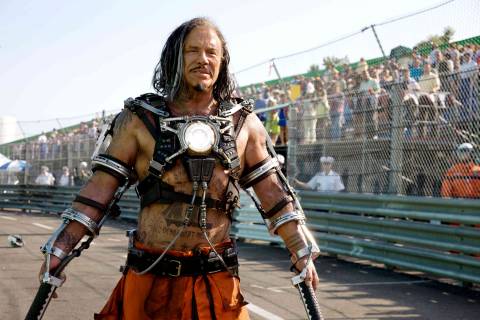

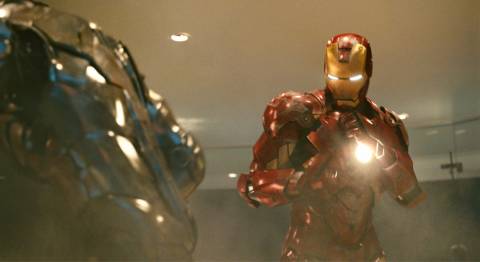
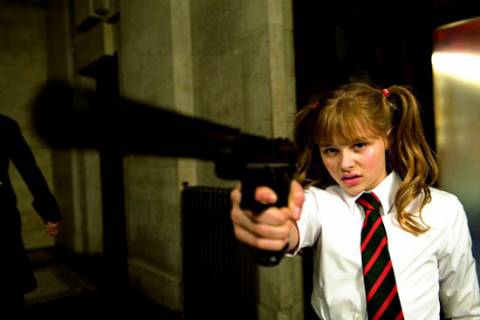
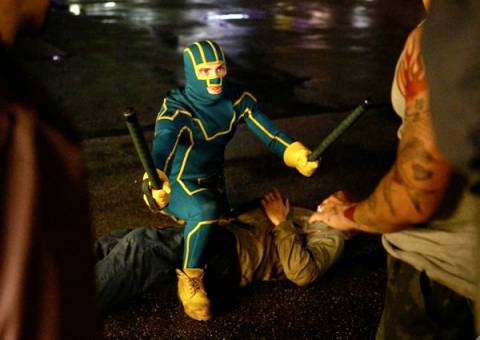
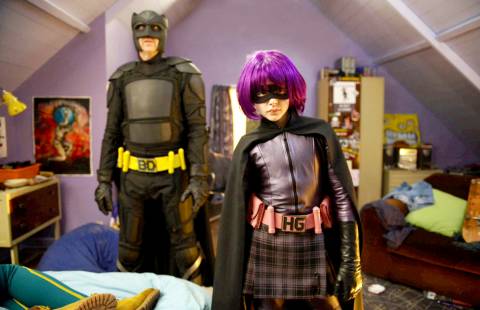
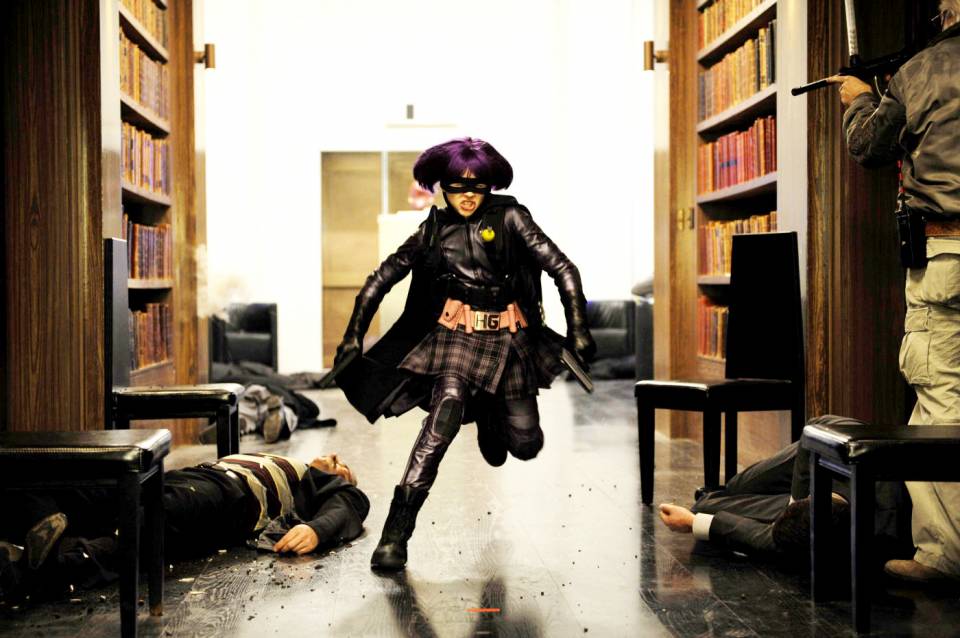
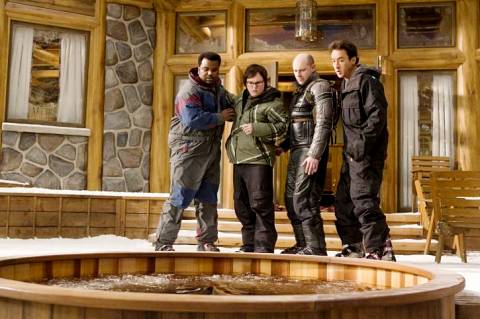
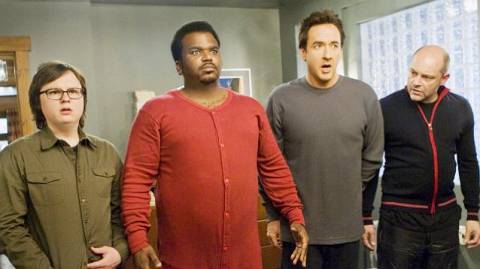
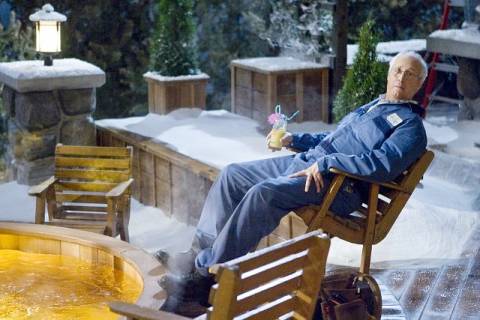
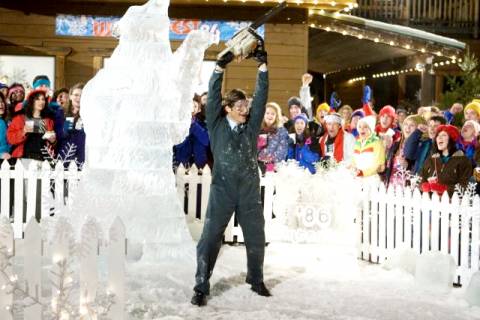
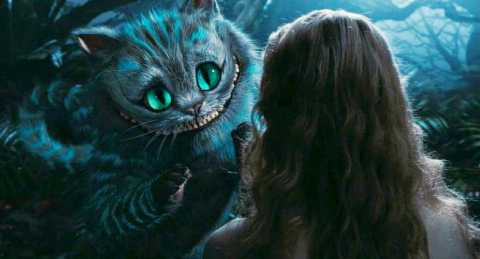
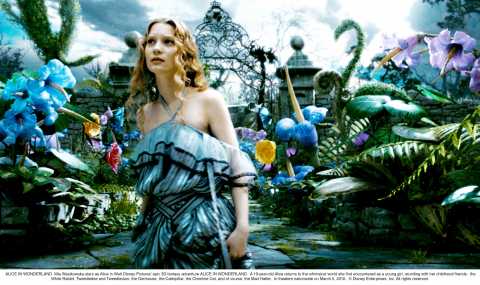
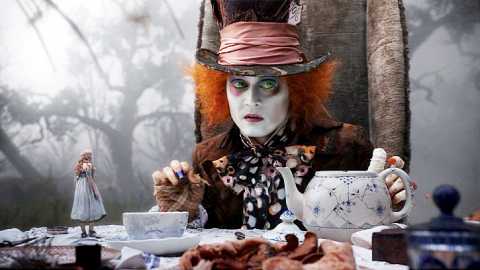
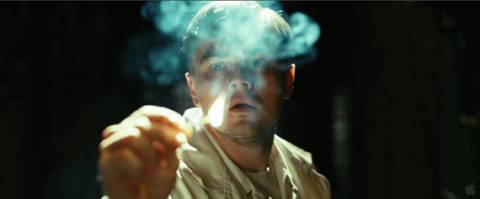

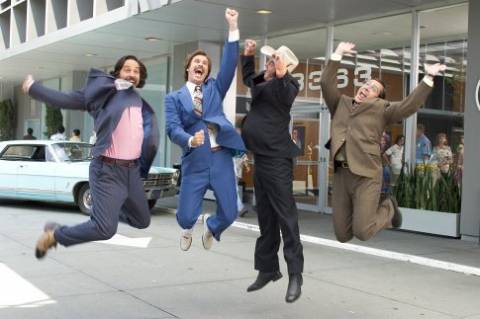

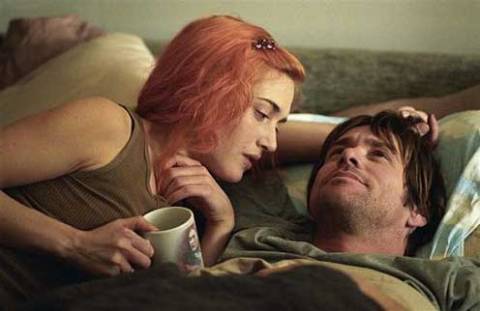
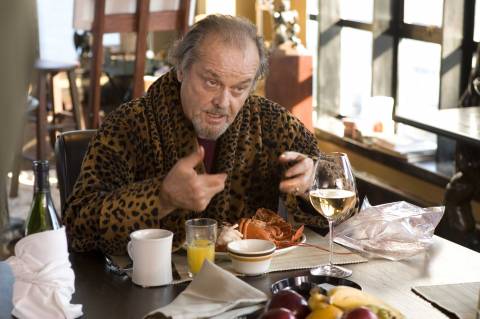
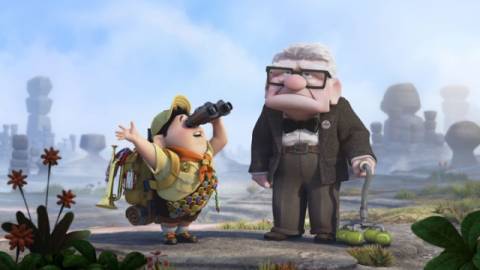
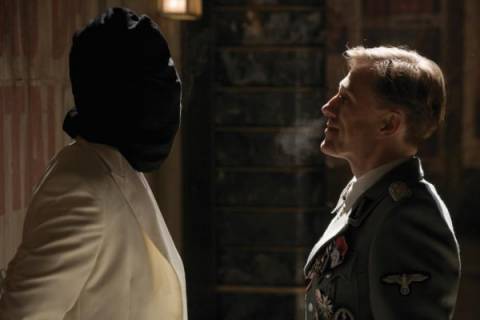
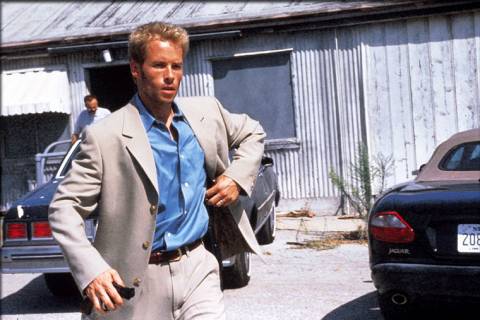

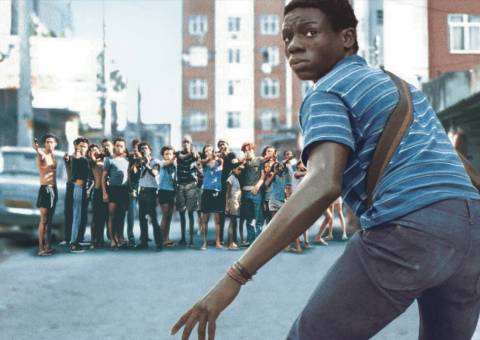
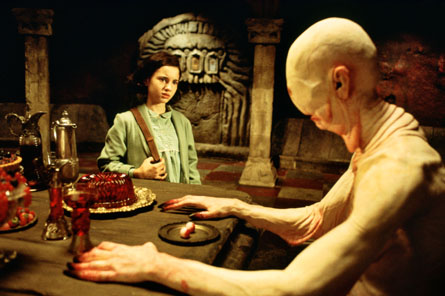
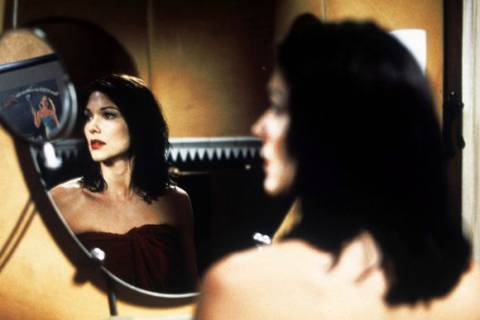
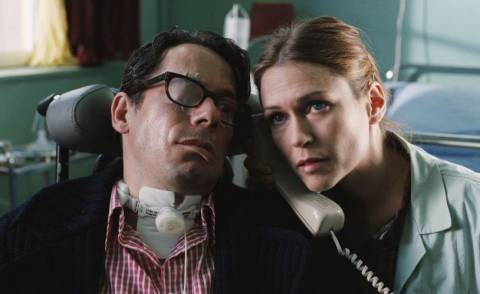
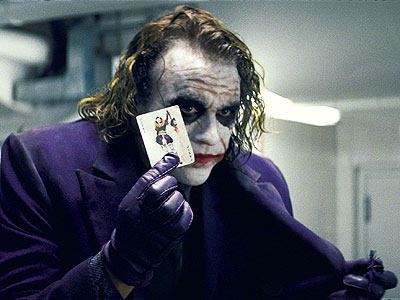
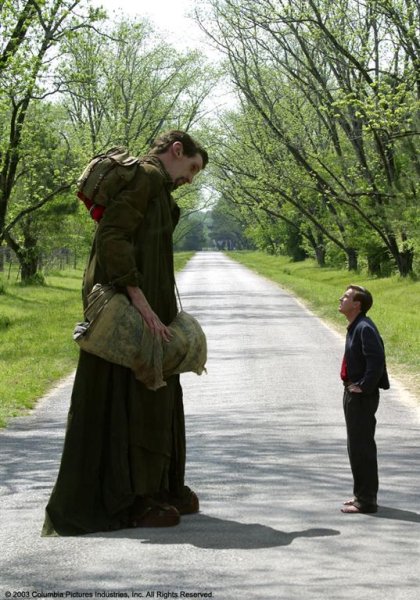

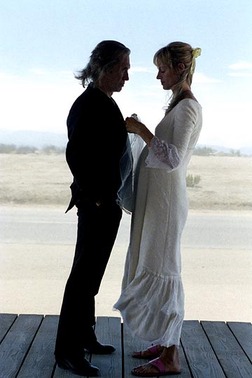
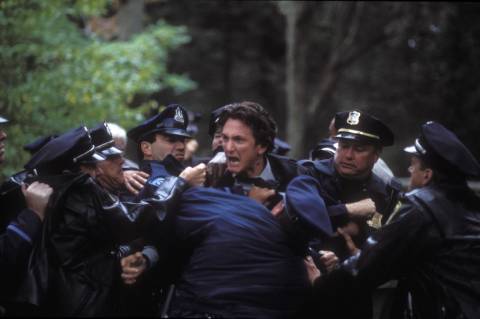
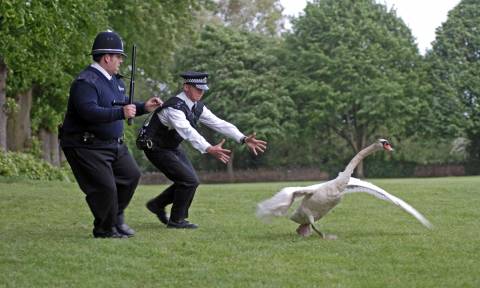

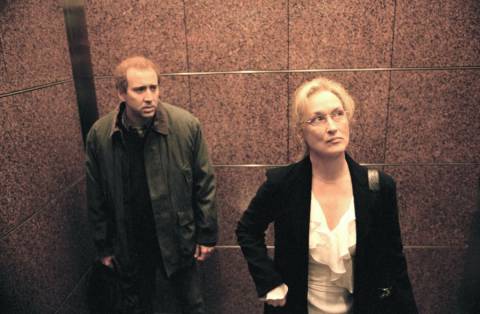
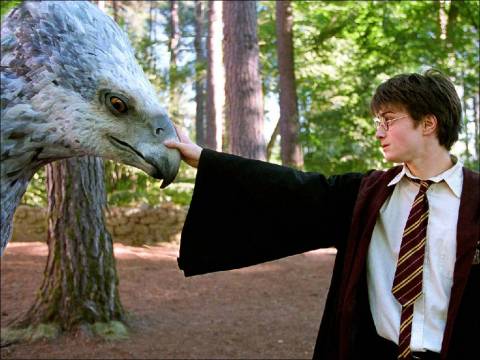
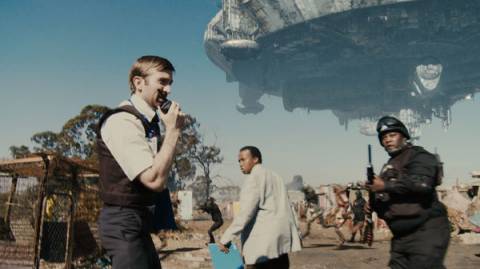
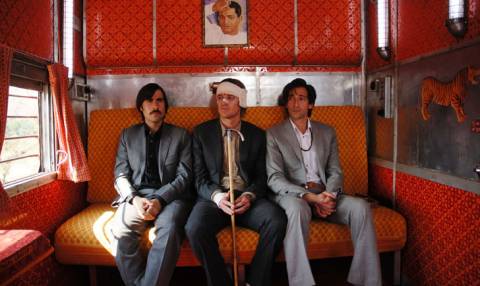
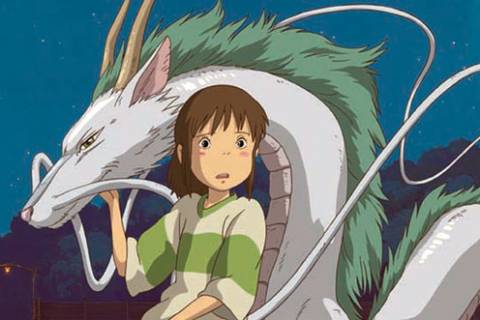
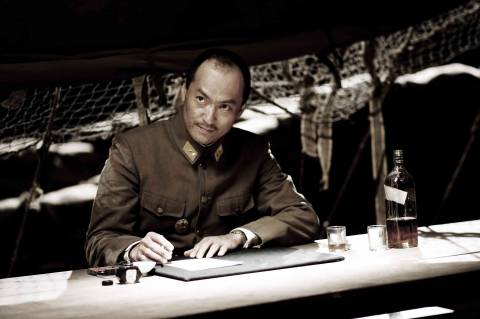

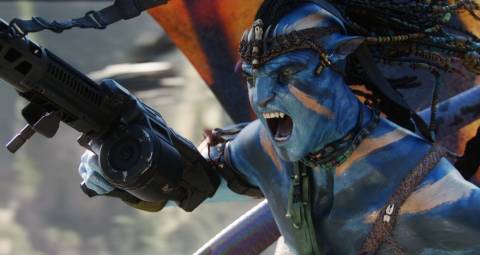
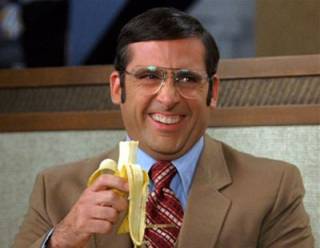



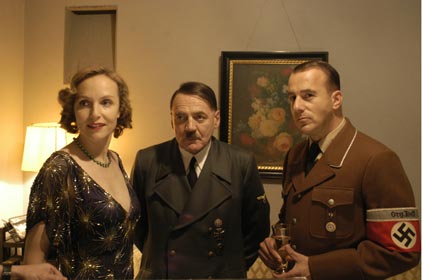
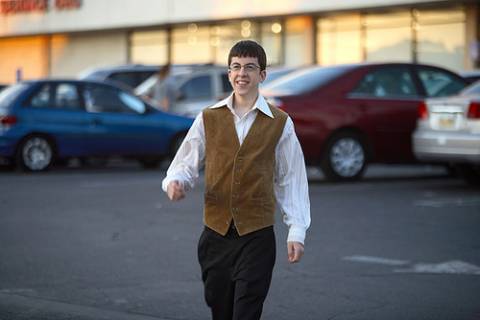
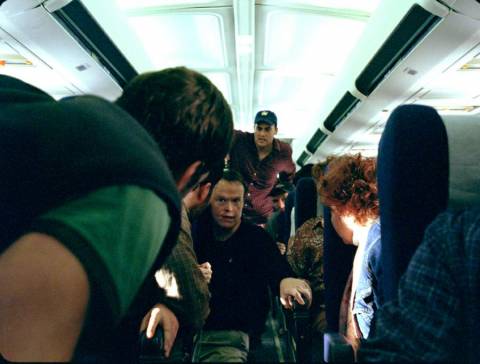
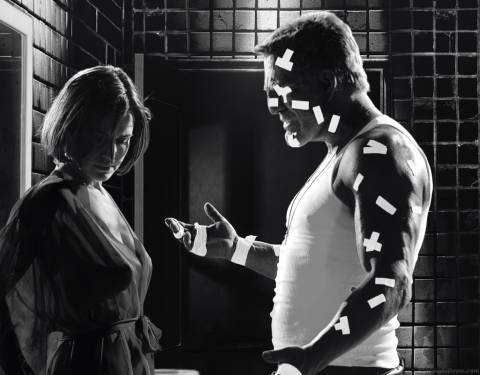
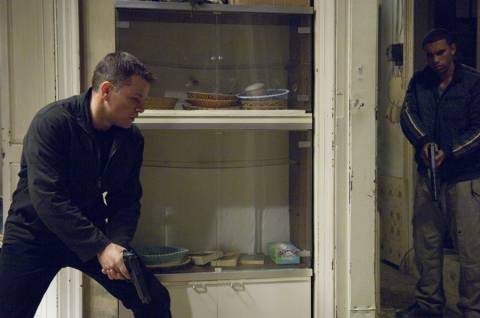

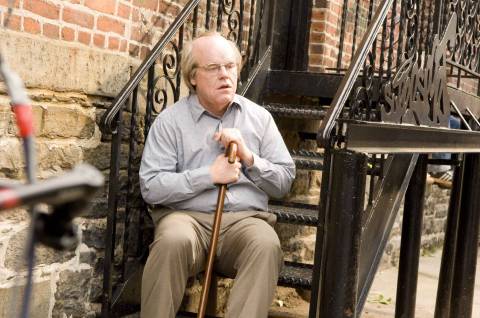
Log in to comment